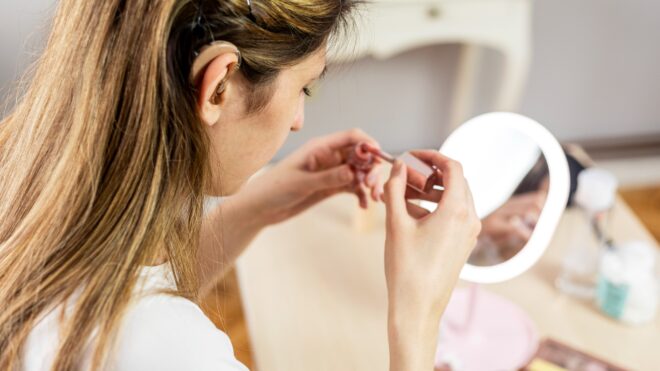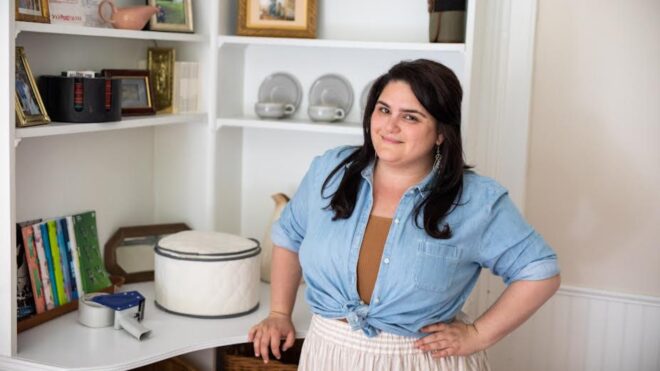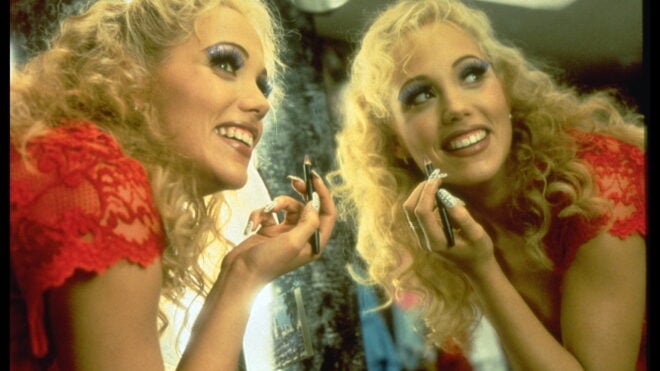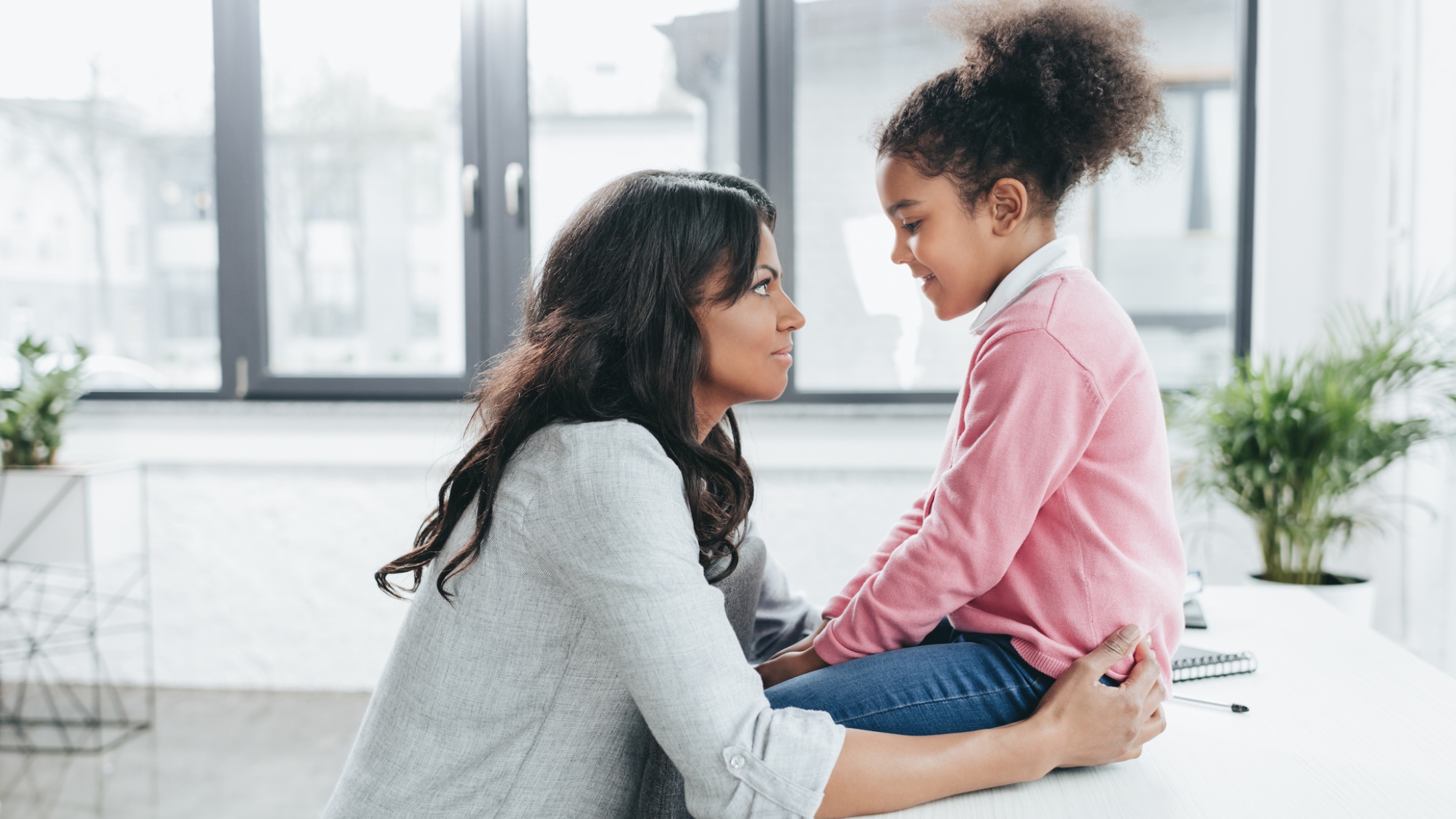
Many of us parents don't like to admit we can be wrong (at least not when the kids are around): Sometimes we mess up with our kids. To make matters worse, sometimes we mess up badly, and we don't know how to fix it.
Every parent will hurt their child's feelings. It's not something you can plan around, and it's not something you can avoid. Even the best parents among us aren't perfect; we're all just humans trying to figure out life. Sometimes, that means we make the best choices that allow our children to flourish and thrive. Other times, that means we have a tough day at work and come home and yell at our kids about their toys still being out.
The idea that parents can and should apologize to their children after making a mistake feels kind of new still; I am 36 years old and definitely was not raised by parents who thought apologizing to me — or even owning their mistakes — was important or worthwhile.
More from LittleThings: The Psychological & Financial Impact Of Being In The Sandwich Generation
It turns out that new research indicates that not only is apologizing to your kids when you make a mistake a good idea, it can be a game changer in the emotional development of your child.
Why Parents Should Apologize to Their Kids
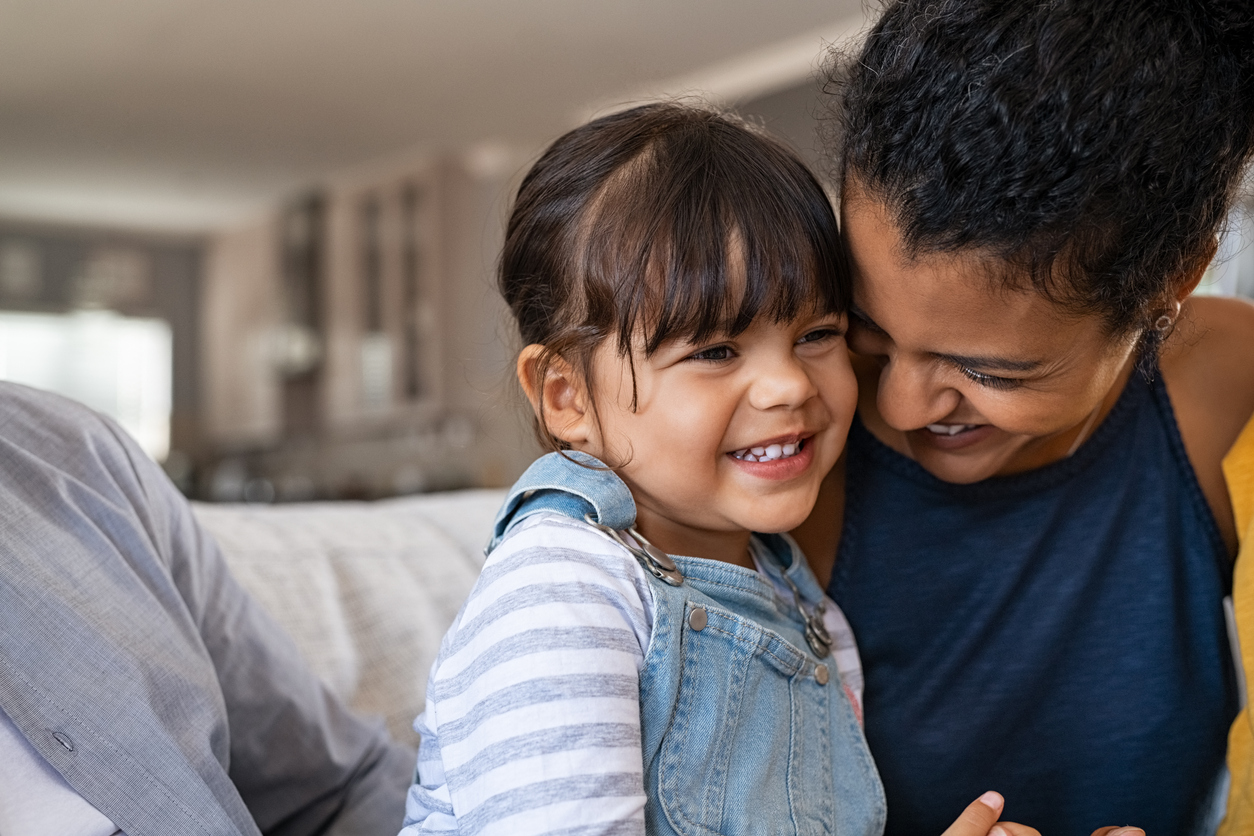
Psychology Today writes that these are the most important words any of us can use in any kind of relationship: "The most important words in any relationship: 'I love you. I hear you. I'm sorry. What can I do to make this right?'"
A lot of people probably agree with that statement, but for some reason, it can be tough for the same parent who insists that their kids apologize to each other to insist that they themselves apologize to their kids. The publication also posits that the reason it's hard to apologize to our kids is that parents feel like we are always supposed to be right, and apologizing can make us feel ashamed.
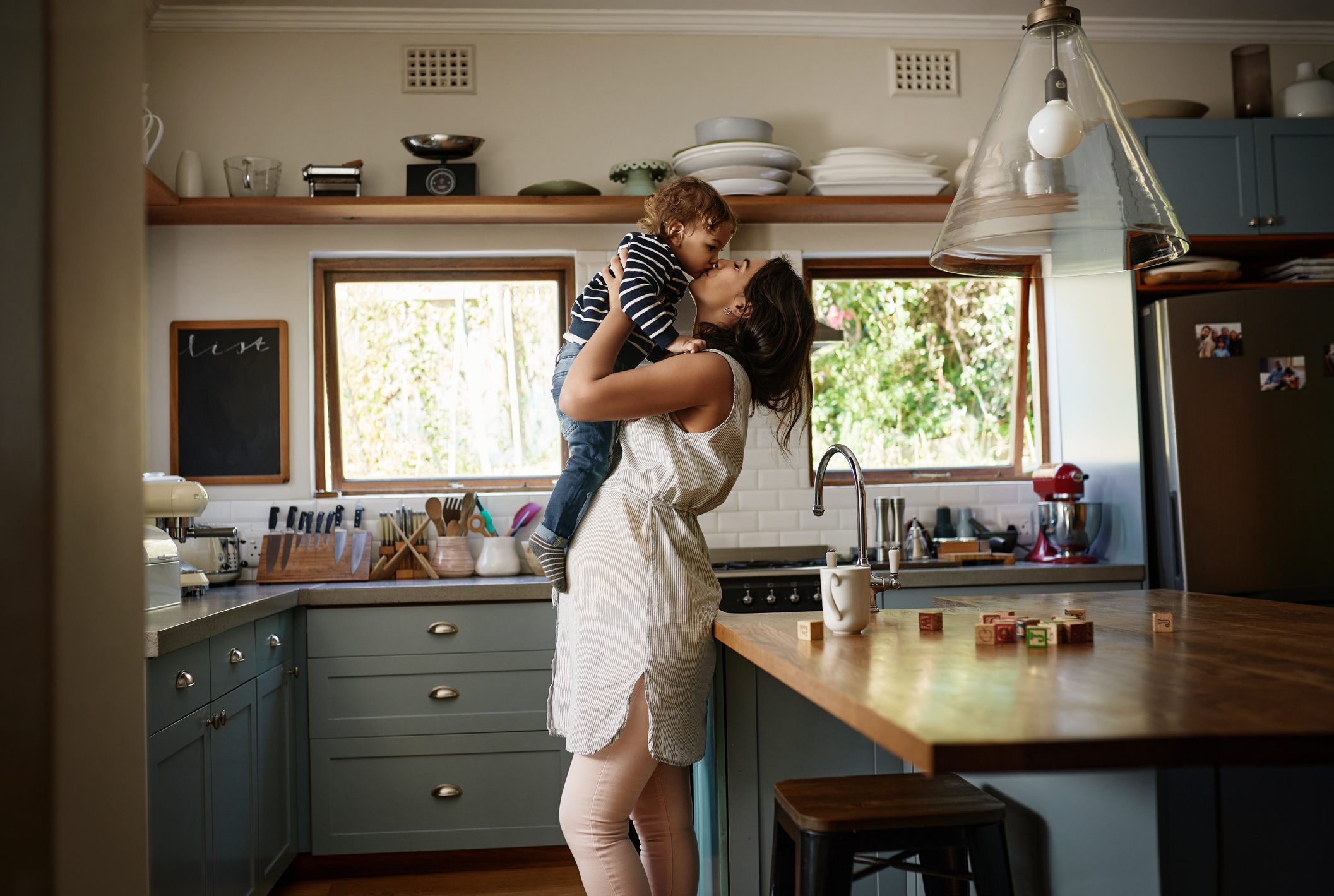
But working ourselves up toward apologizing to our kids really matters. In addition to letting our kids see that we are actually only human, apologizing also helps the bond between parents and their kids grow.
Family and childhood charity Idaho Youth Ranch notes that "when you apologize to your child, you actually strengthen your bond by validating your child's feelings and teaching them that mistakes are okay as long as you take responsibility and learn from those mistakes."
In other words, revealing our very human reality to our kids in turn brings us closer to our children, which is a really beautiful thing.
How to Apologize to Your Kids
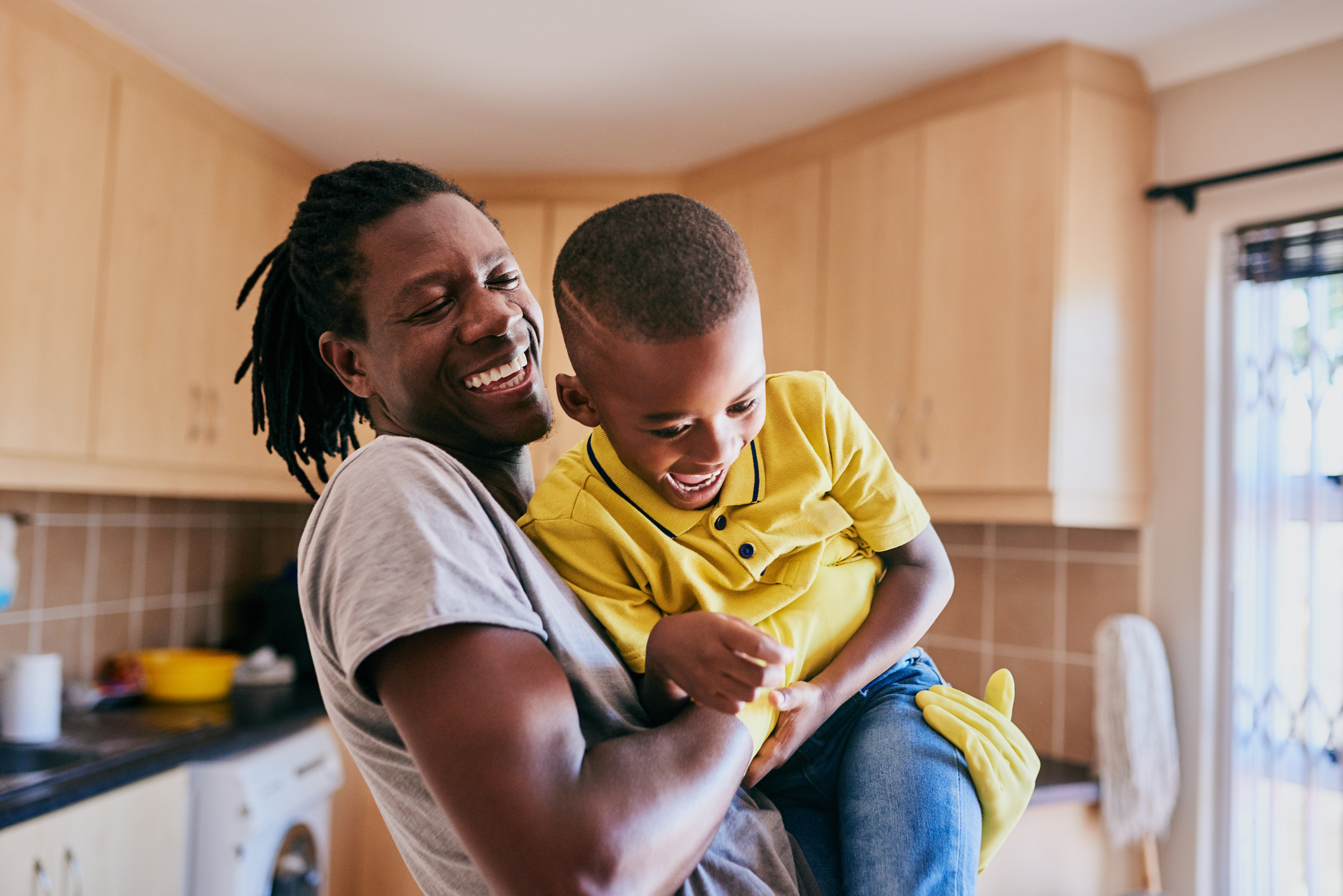
Of course, it's one thing to know that you should apologize to your kids; it's another to actually do it. If you didn't grow up with parents who practiced apologizing to you, it can be difficult to know where to start. Even if you had the best parents in the world, you might find that owning your own mistakes as a parent is a challenge.
One tip for learning to apologize to your kids is to practice doing so from an early point in their lives and apologize as much as you need to. That doesn't mean becoming a doormat, and it doesn't mean every mistake you make needs an apology, but practicing anything will make you better at it.
Psychology Today offers excellent guidance on the topic: "Obviously, don't apologize for setting appropriate limits. But it's our job to manage our own emotions, no matter what our child does, so apologizing when we 'lose it' is essential, unless we want our child to copy our 'tantrums.'"
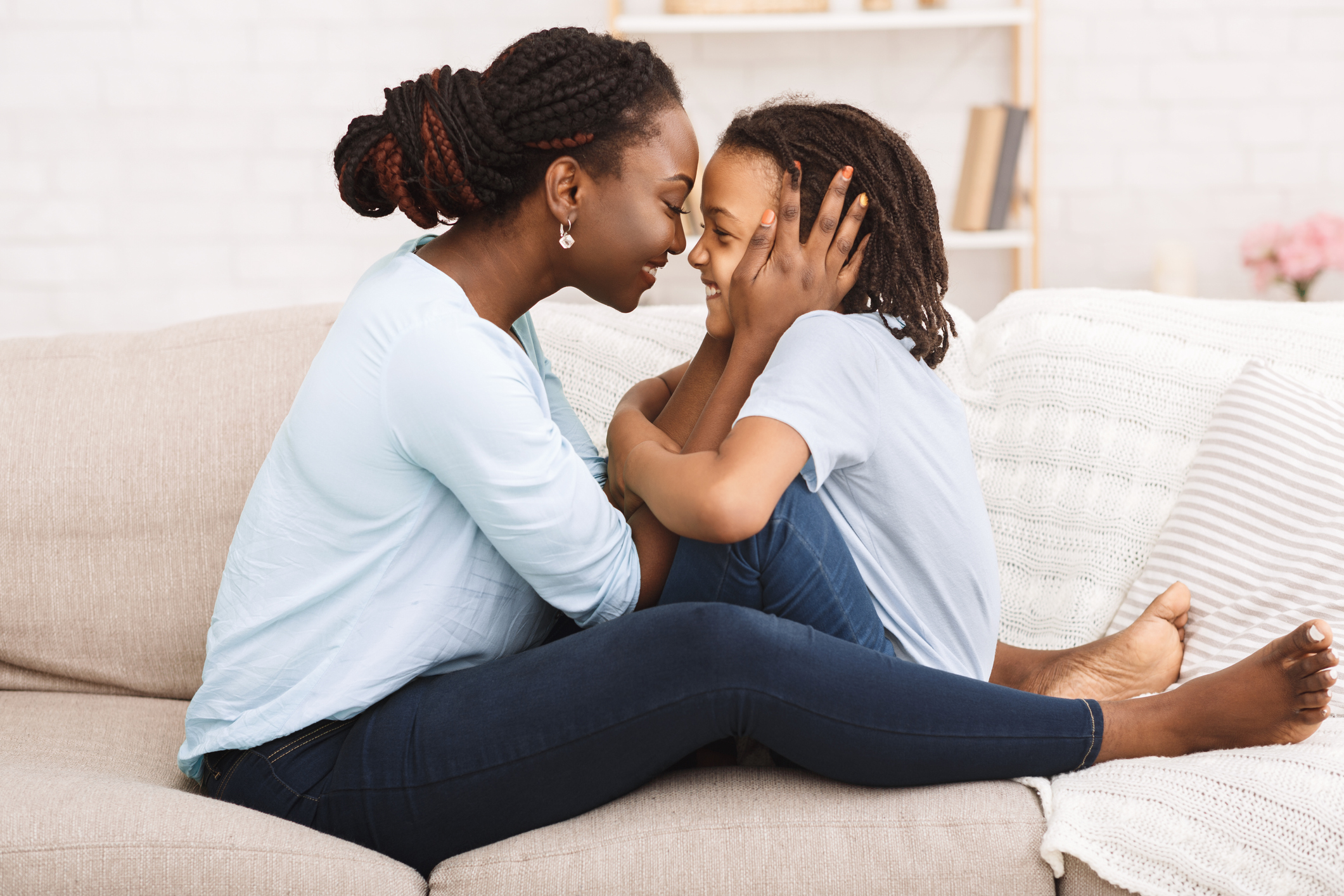
Sometimes, a parent might think one of their outbursts was no big deal and not understand why their kids are upset in the first place. Instead of minimizing your child's feelings, focus on understanding where they're coming from. You might not think your kid needs an apology from you, but if they do, it's worth hearing them out.
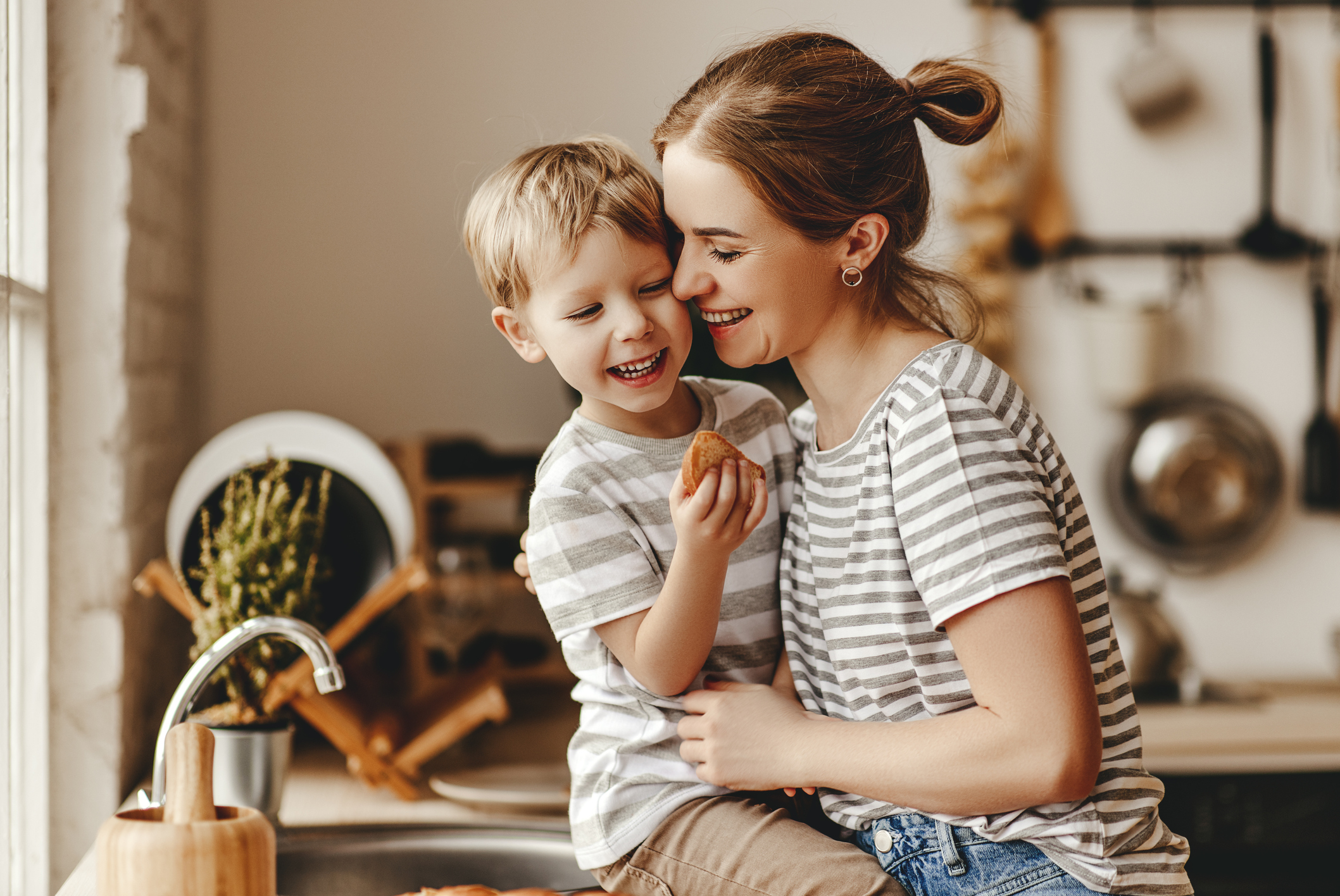
It's also important to offer a real, sincere apology — and not imply that your child's reaction is their fault. As an adult, the most frustrating apologies I receive often begin with "I'm sorry you feel that way, but … ." In that "apology," the person doing the apologizing is still shifting blame to the person who was hurt, instead of owning their behavior.
Basically, apologize to your kids the same way you would want anyone, regardless of age, to apologize to you.
The Benefits of Apologizing to Kids Are Numerous
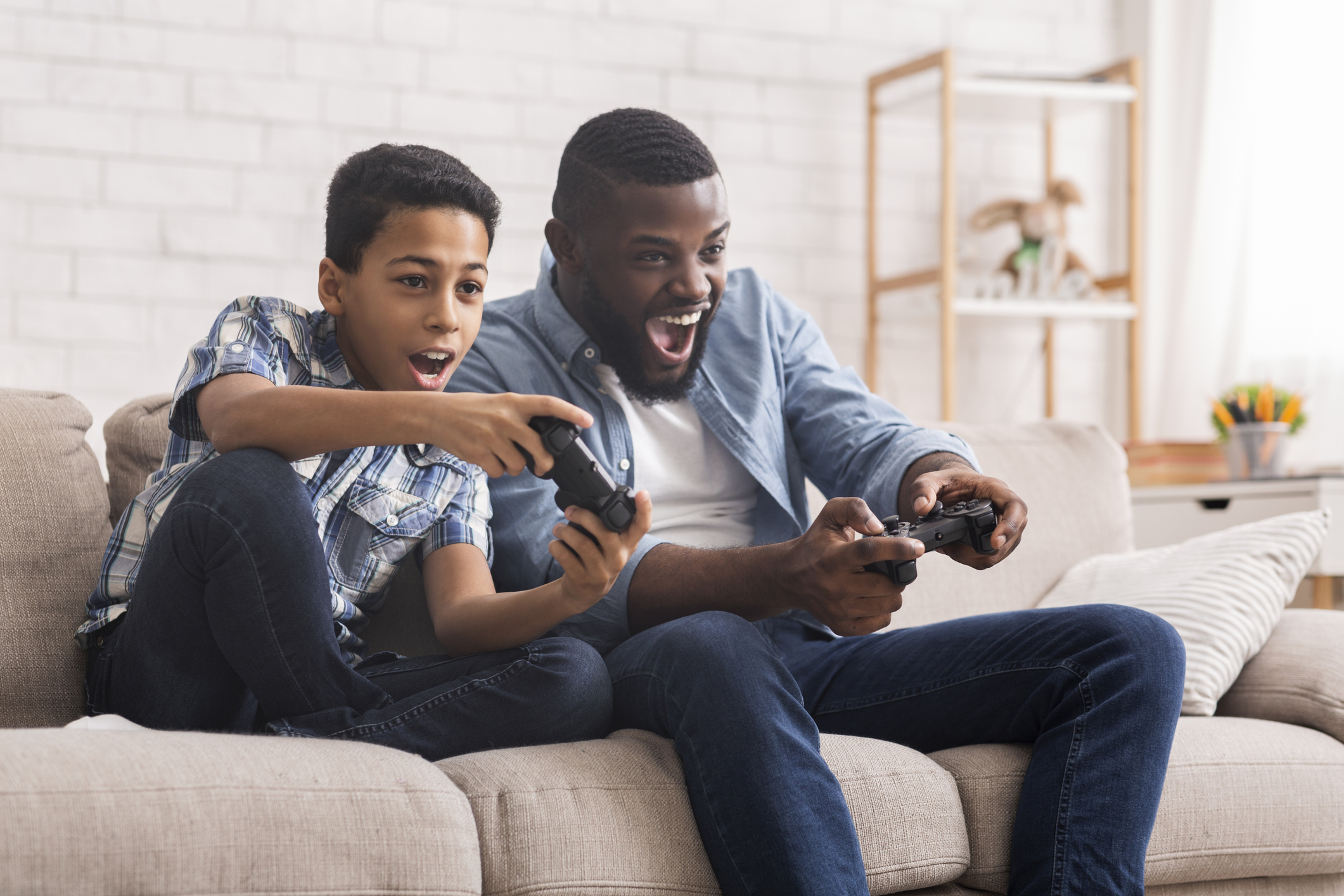
Kids reap so many benefits when their parents learn to apologize. For starters, parents are often their children's biggest role models, and they learn so much from everything we do and don't do. Dr. Steve Silvestro points out that so many parents want their kids to be prepared for life and go out of their way to teach their kids the lessons they need — except for when it comes to apologizing:
"We make a point to teach our kids so many other things — I wouldn’t throw my daughter into a breaststroke event at a swim meet without showing her how to swim it first. But when it comes to challenging social or interpersonal skills like smoothing over a fight or telling someone you’re truly sorry, we often ask our kids to do it without really showing them how."
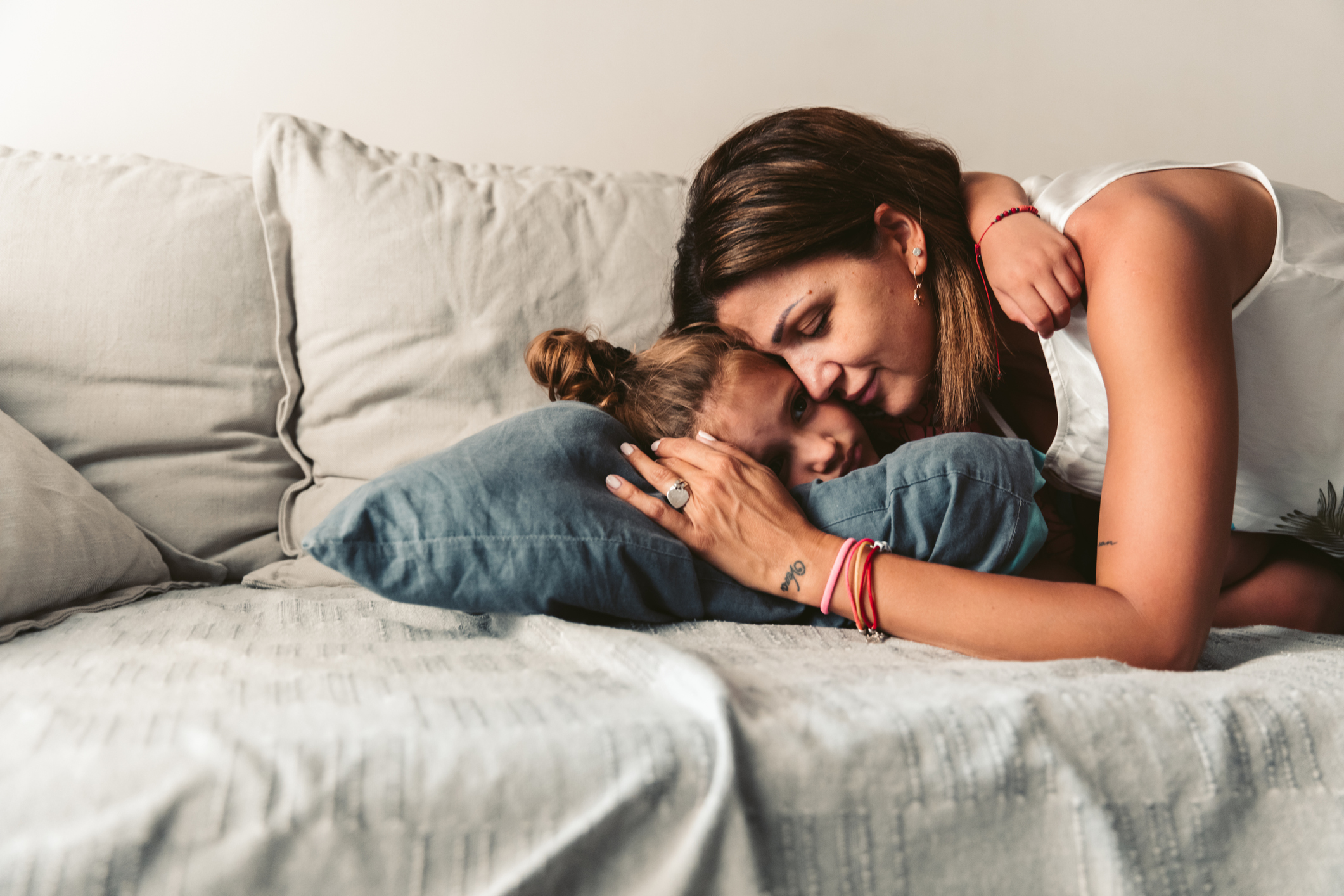
Teaching our kids how to apologize — and turning around and modeling that when we mess up — also helps our kids learn that no one is perfect. Again, Dr. Silvestro explains it well: "When you say to your child 'I'm sorry, I made a mistake; I said what I said because of how I was feeling, not how I was thinking,' you show your child that even you — a person who is perfect in their eyes — isn't always perfect in real life."
While pulling back the curtain on parenthood might feel scary, in the end it will most likely result in a stronger relationship between you and your child — and a child who can have healthier relationships with all kinds of people as a result. If anything, learning to apologize to our kids is worth it just for that.


